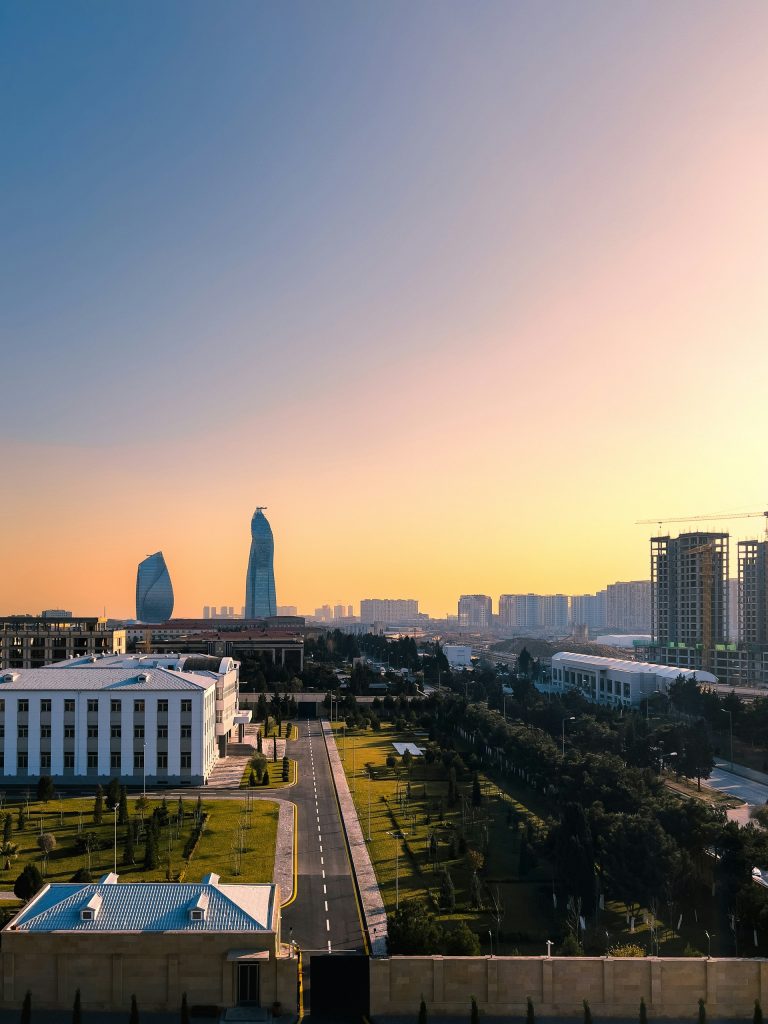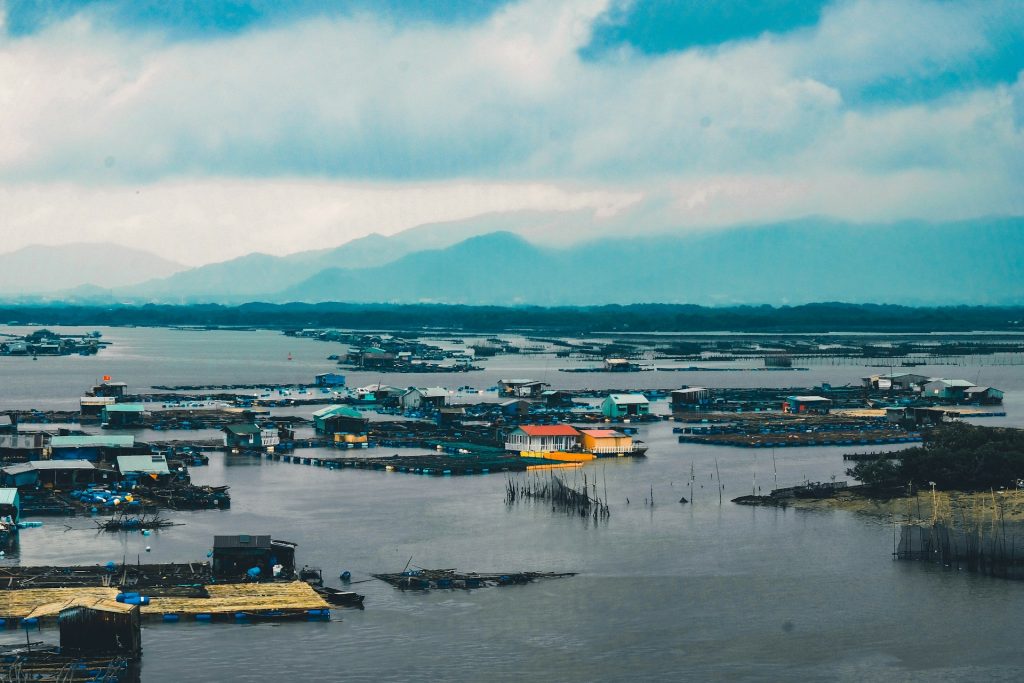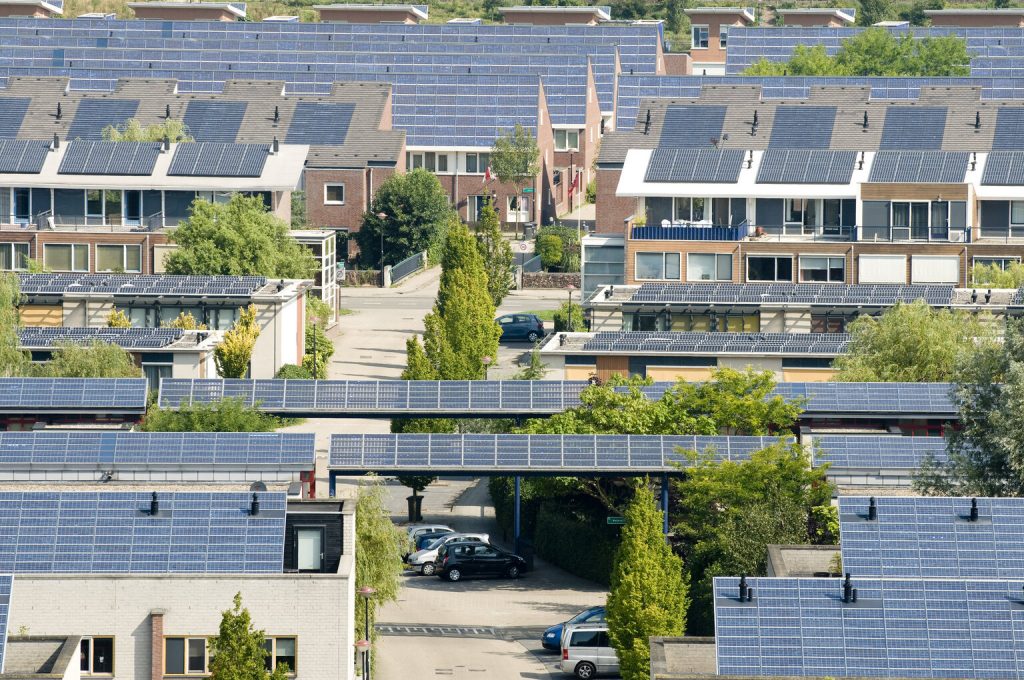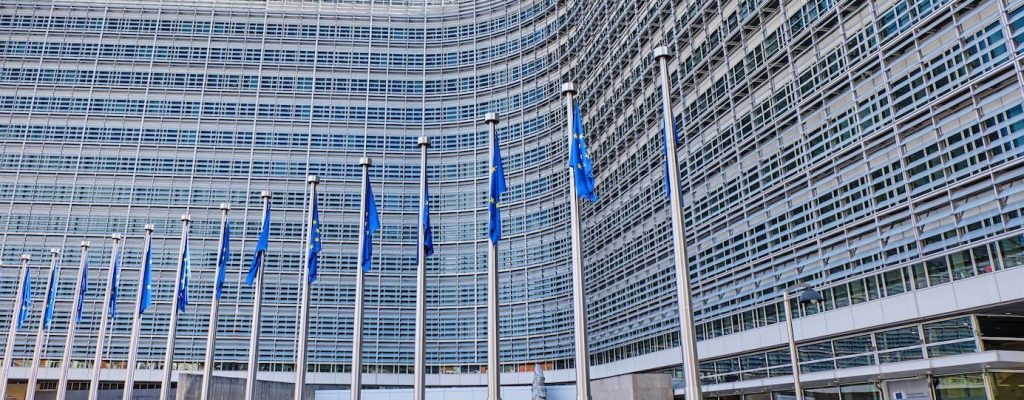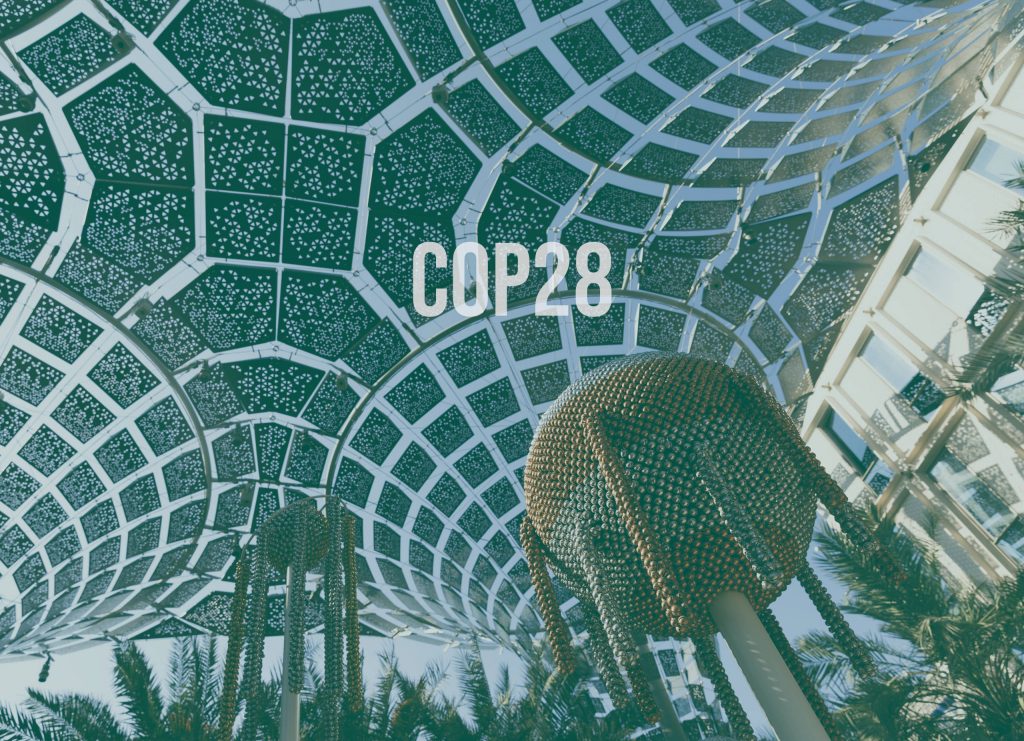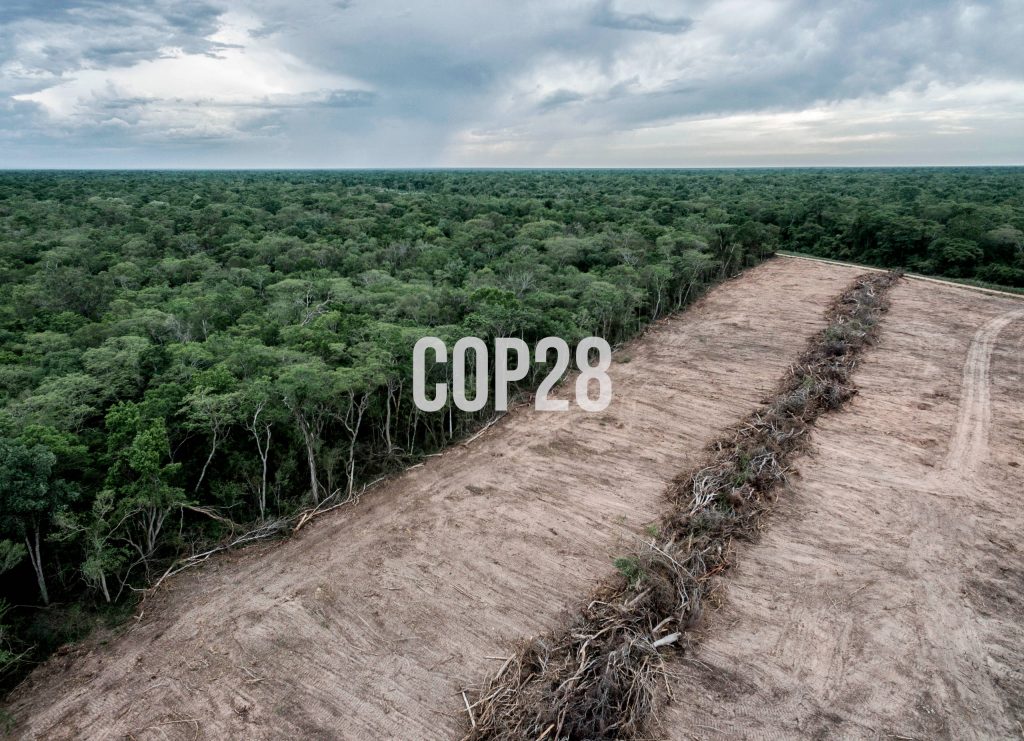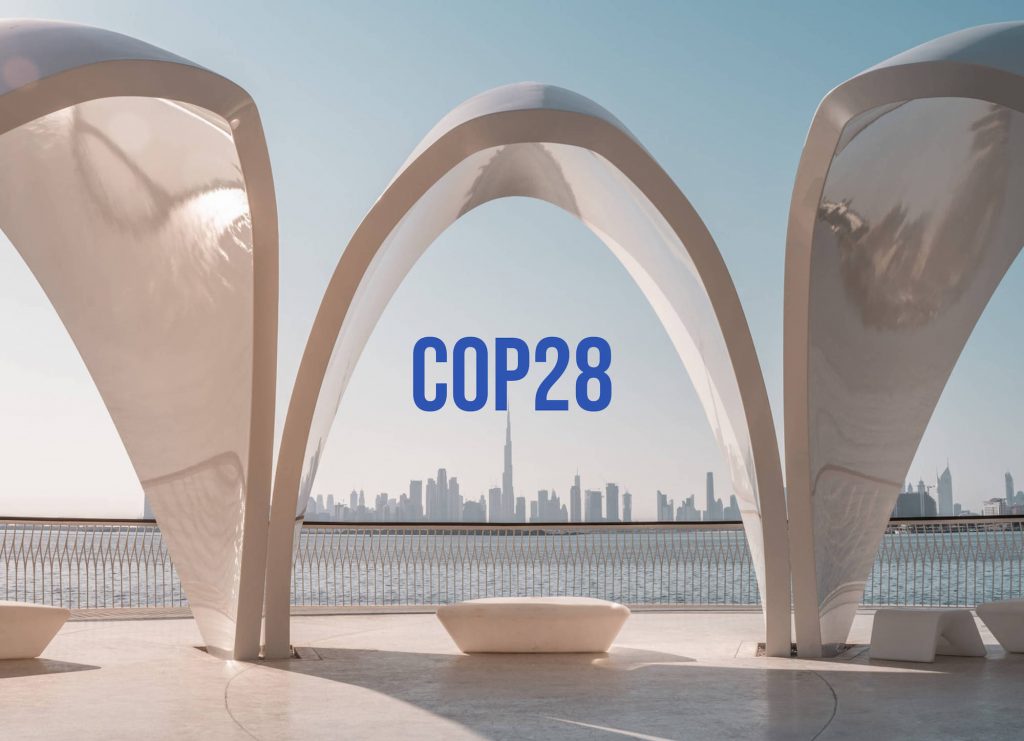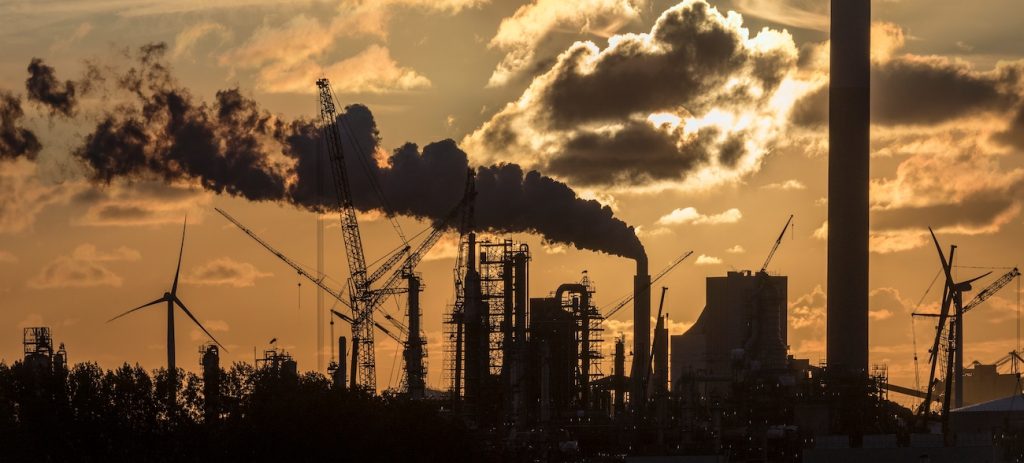
Overshoot: Navigating the challenges of exceeding global warming limits
The goal of limiting global warming to 1.5°C has become a cornerstone of international climate policy. However, as greenhouse gas emissions continue to rise and the impacts of climate change intensify, surpassing this threshold is looking increasingly likely, if not inevitable. This scenario raises urgent questions about the risks involved, the feasibility of returning to safer temperature levels, and the social and economic trade-offs associated with such pathways. New tools and research, such as CMCC’s overshoot platform based on the work of an international team of scientists and design experts, can help answer these questions.


